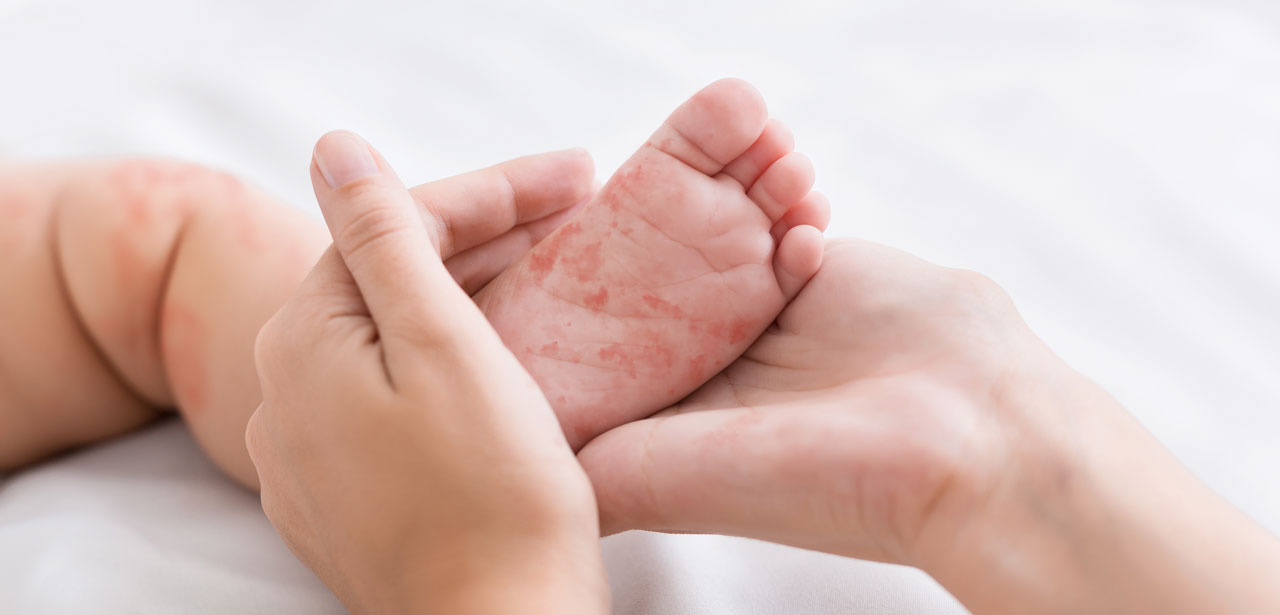Background: blood donor selection, consisting of a pre-donation questionnaire and interview, excludes potential donors who may be at risk of transfusion-transmissible infections. Assessing the reasons for noncompliance with blood donor selection criteria is important to maintain a high level of viral safety of blood products. Study design and methods: an anonymous French online survey of a sample of blood donors (Complidon) was conducted from September to December 2017. Data were poststratified to be representative of all donors who donated blood between July 2016 and December 2017. Results: of 420,190 solicited donors, 108,386 completed the survey (26%). Overall, noncompliance was estimated at 5.6%. The least respected criteria regarded sex with more than one partner during the previous 4 months for donors (1.9%) and for donors" partners (1%), travel-related criteria (1.2%) and sex between men during the previous 12 months (0.73% of men). Reasons for noncompliance differed according to criteria. Donors who were non-compliant to sexuality-based criteria mainly said they did not want to be excluded or that the questions were too personal. Conversely, donors who were exclusively non-compliant to criteria other than sexuality-based criteria more often mentioned their non-compliance during the pre-donation interview but were nevertheless authorized to donate blood. Conclusion: despite noncompliance to blood donor criteria being relatively low in France, it still represents a threat to blood safety. Accordingly, improved communication is important to ensure that donors fully understand each selection criterion and to emphasize to health professionals the importance of listening carefully without judging during pre-donation interviews.
Auteur : Sauvage Claire, Spinardi Roxane, Pelat Camille, Pouget Thomas, Danic Bruno, Woimant Geneviève, Lot Florence, Gross Sylvie, Laperche Syria, Pillonel Josiane
Transfusion, 2020, vol. 60, n°. 1, p. 73-83


